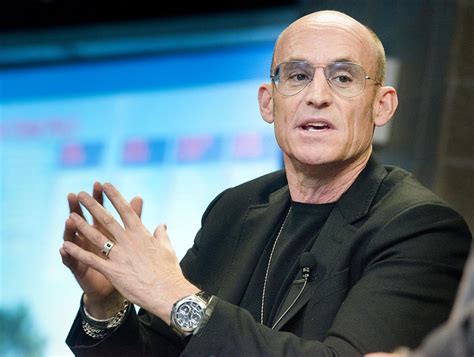A Quote by Stephanie Mills
Given all that history has shown us of the consequences of technology - from the atlatl spear to the A-bomb - why have so few groups of human beings managed to resist the incursions of technology? Or be choosy about the extent to which they'll employ a technological innovation?
Related Quotes
We have to do away with a false and misleading dualism, one which abstracts man on the one hand and technology on the other, as if the two were quite separate kinds of realities.... Man is by nature a technological animal; to be human is to be technological.... When we speak of technology, this is another way of speaking about man himself in one of his manifestations.
Generally, the technology that enables disruption is developed in the companies that are the practitioners of the original technology. That's where the understanding of the technology first comes together. They usually can't commercialize the technology because they have to couple it with the business model innovation, and because they tend to try to take all of their technologies to market through their original business model, somebody else just picks up the technology and changes the world through the business model innovation.
Embedded in every technology there is a powerful idea, sometimes two or three powerful ideas. Like language itself, a technology predisposes us to favor and value certain perspectives and accomplishments and to subordinate others. Every technology has a philosophy, which is given expression in how the technology makes people use their minds, in how it codifies the world, in which of our senses it amplifies, in which of our emotional and intellectual tendencies it disregards.
We're just trying to end illegitimate government support for a single technology, which is un-American. We should be leading the world in the next generation of technological innovation. But we can't unleash private capital because of what the government is doing to stifle innovation and to choke competition.
I feel very strongly that history is about everything. It isn't just about politics or the military or social issues. If art, music, engineering, science, medicine, finance, the world of architecture and technology - if those are left out, then you're not getting a full sense of the human condition. History is human and we human beings are involved in all kinds of things and that's part of our humanity.
If we are genuinely concerned about the environment and the fellow human beings, and want to end territorial disputes, war, crime, poverty, hunger, and the other problems that confront us today, the intelligent use of science and technology are the tools with which to achieve a new direction – one that will serve all people, and not just a select few.


































